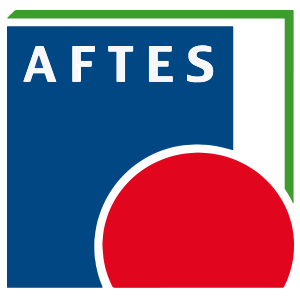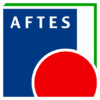Committees – Delegations
Seven operational committees and three regional delegations
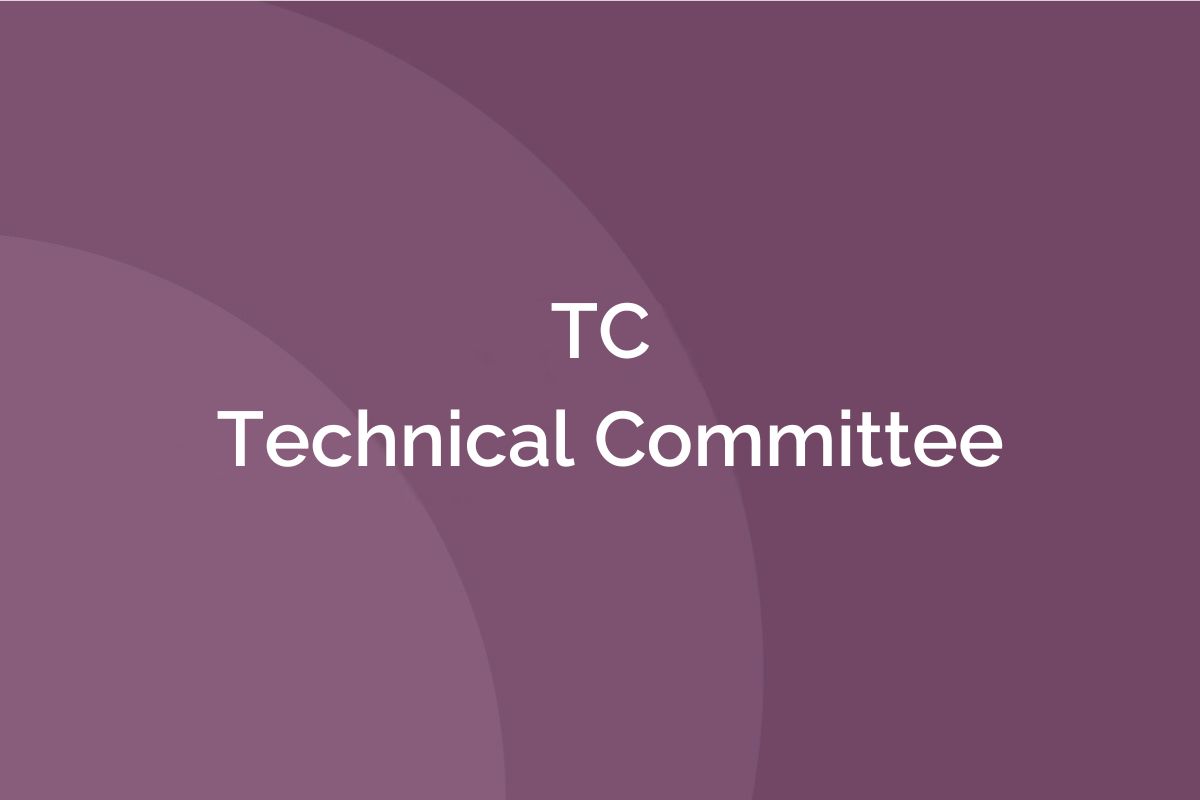
Technical Committee
The Technical Committee and working groups are made up of specialists in disciplines relating to the various aspects of underground works. They represent a broad spectrum of stakeholders (including contractors, project managers and contracting authorities) and their main task is to issue technical recommendations.

Underground Space & Transitions Committee
The Underground Space Committee, comprising architects, urban planners and engineers, deals with matters relating to underground space development and underground architecture.
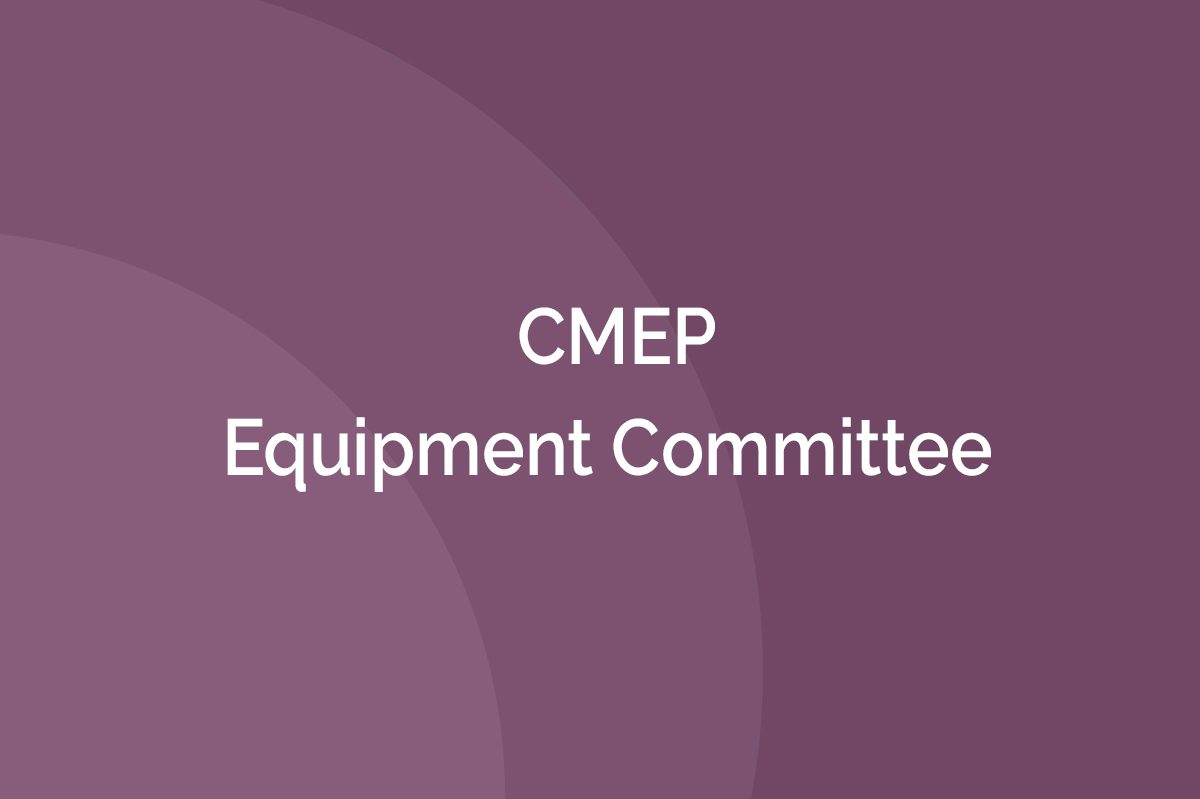
Equipment Committee
The Plant, Equipment and Products Committee consists of AFTES members representing all professions concerned by plant, equipment and products intended for underground works and construction. This committee coordinates the actions of manufacturers and suppliers of plant, equipment and products for underground construction.
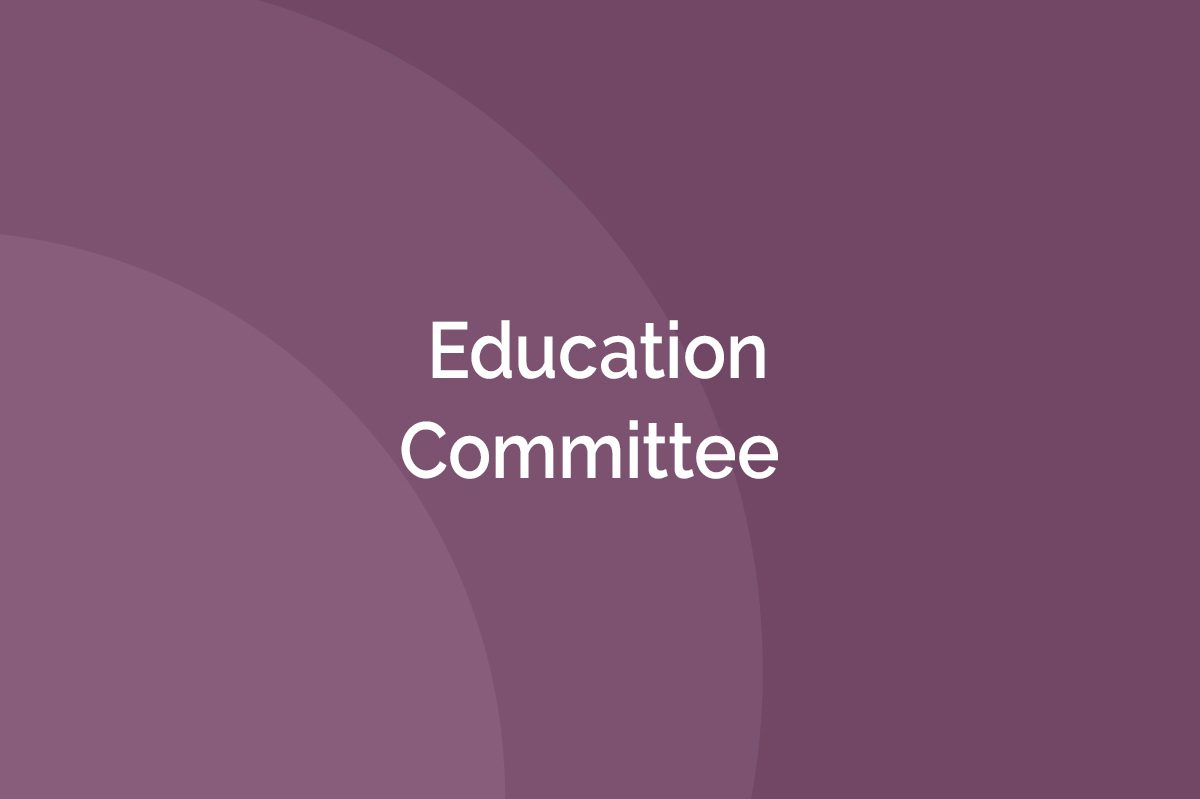
Education Committee
The role of the Education Committee is to promote initial and ongoing training in tunnelling and underground space-related professions, and to develop training and research relationships with the academic world.
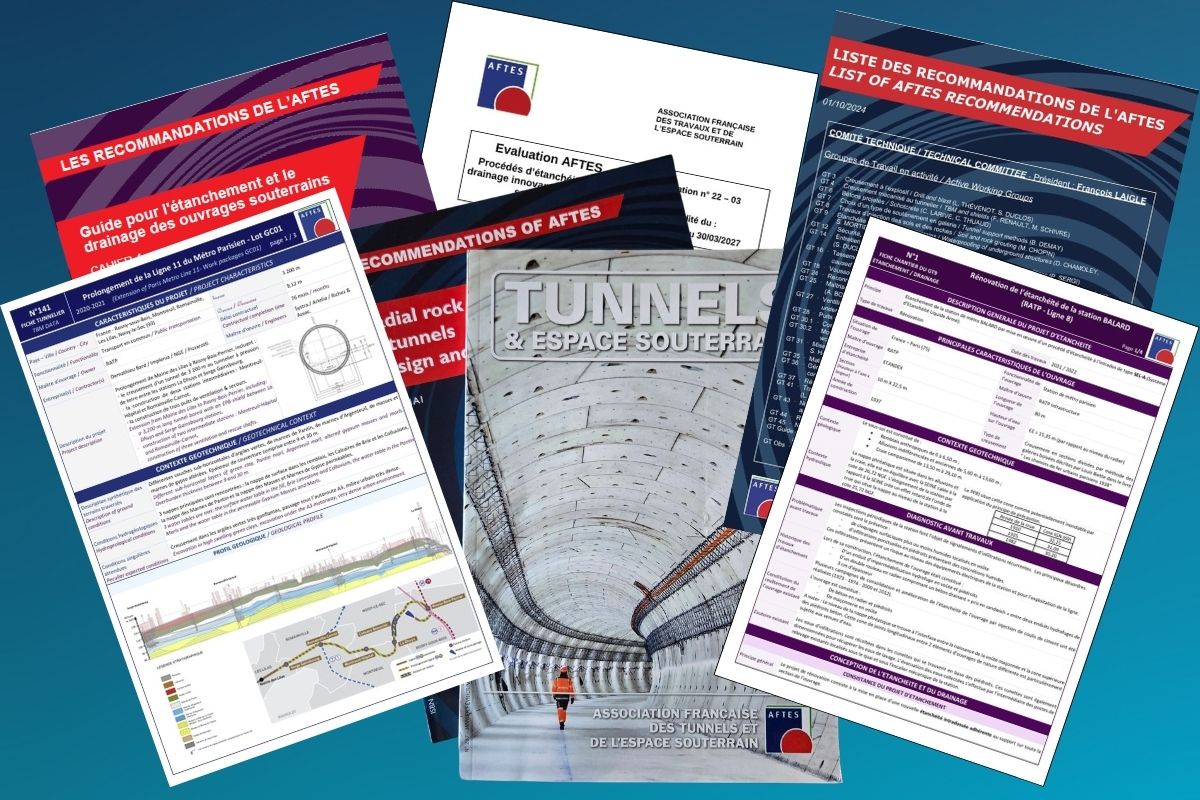
Publications Committee
The Publications Committee is responsible for overseeing the production of the association’s publications: the Tunnels and Underground Spaces journal; the recommendations, developed by various Working Groups under the guidance of the Technical Committee or the Underground Space and Transitions Committee; special issues; and technical data sheets.
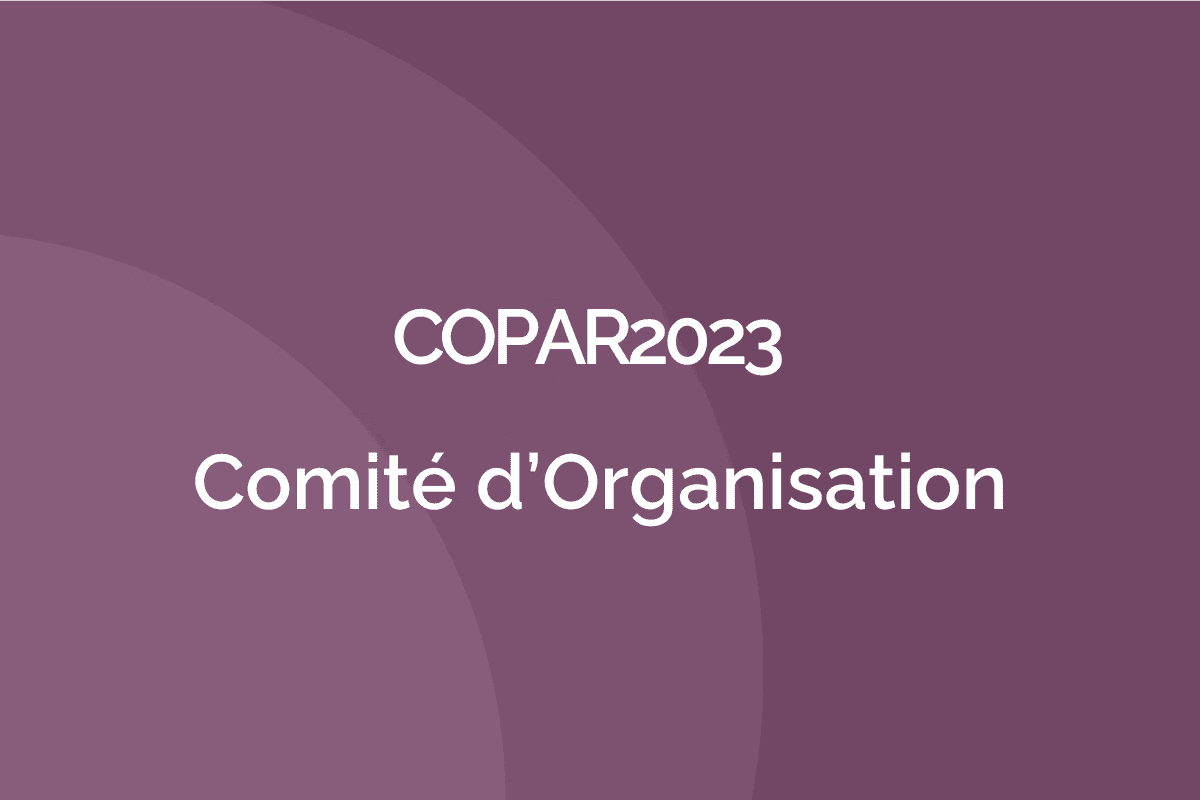
2023 Congress Committee
The Comité Congrès 2023 is in charge of organizing this 3-day event, bringing together the entire industry with an exhibition, events, parties, tours, competitions and more.
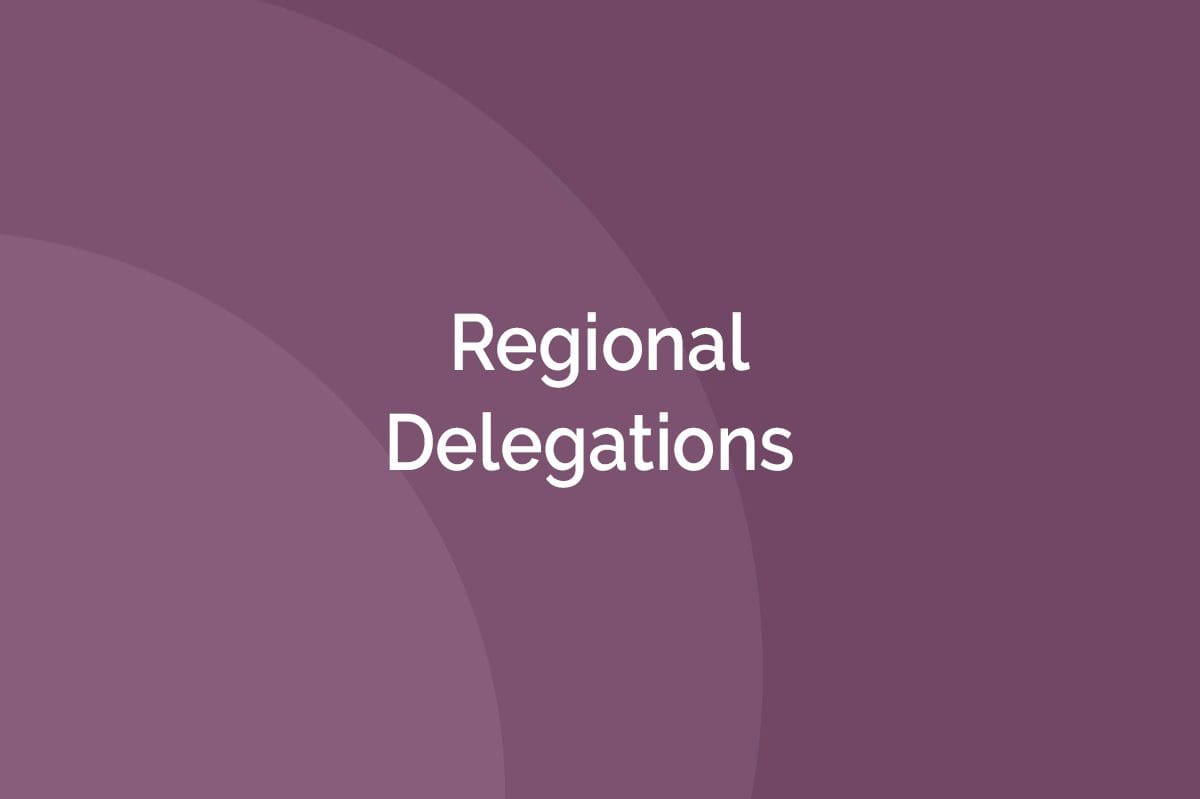
Regional Delegations
Regional Delegations have been introduced to coordinate AFTES initiatives in a number of dynamic regions. They facilitate dialogue and foster relationships between AFTES members.
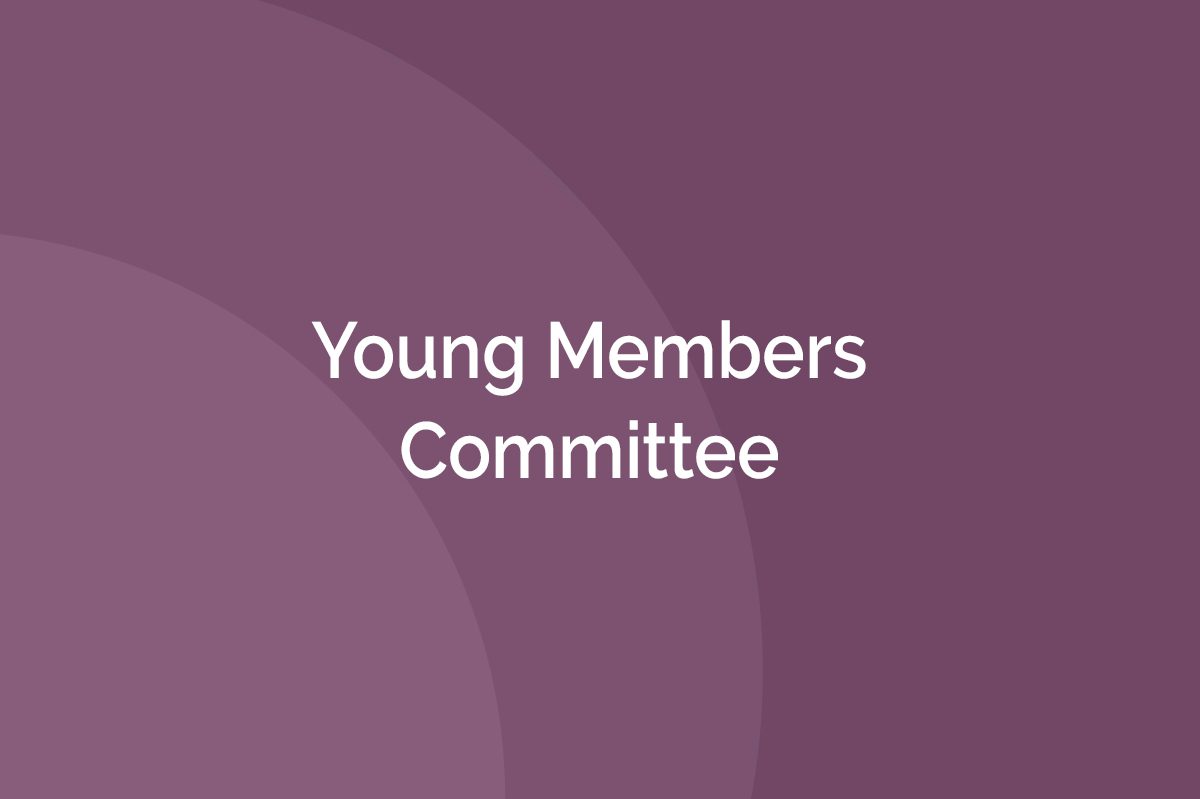
Young Members Committee
Younger underground professionals are teaming up to make a bigger contribution to all AFTES activities, as well as organising special events and initiatives.
